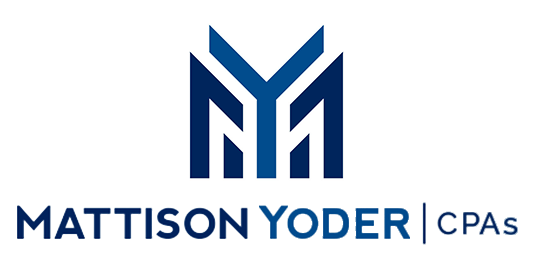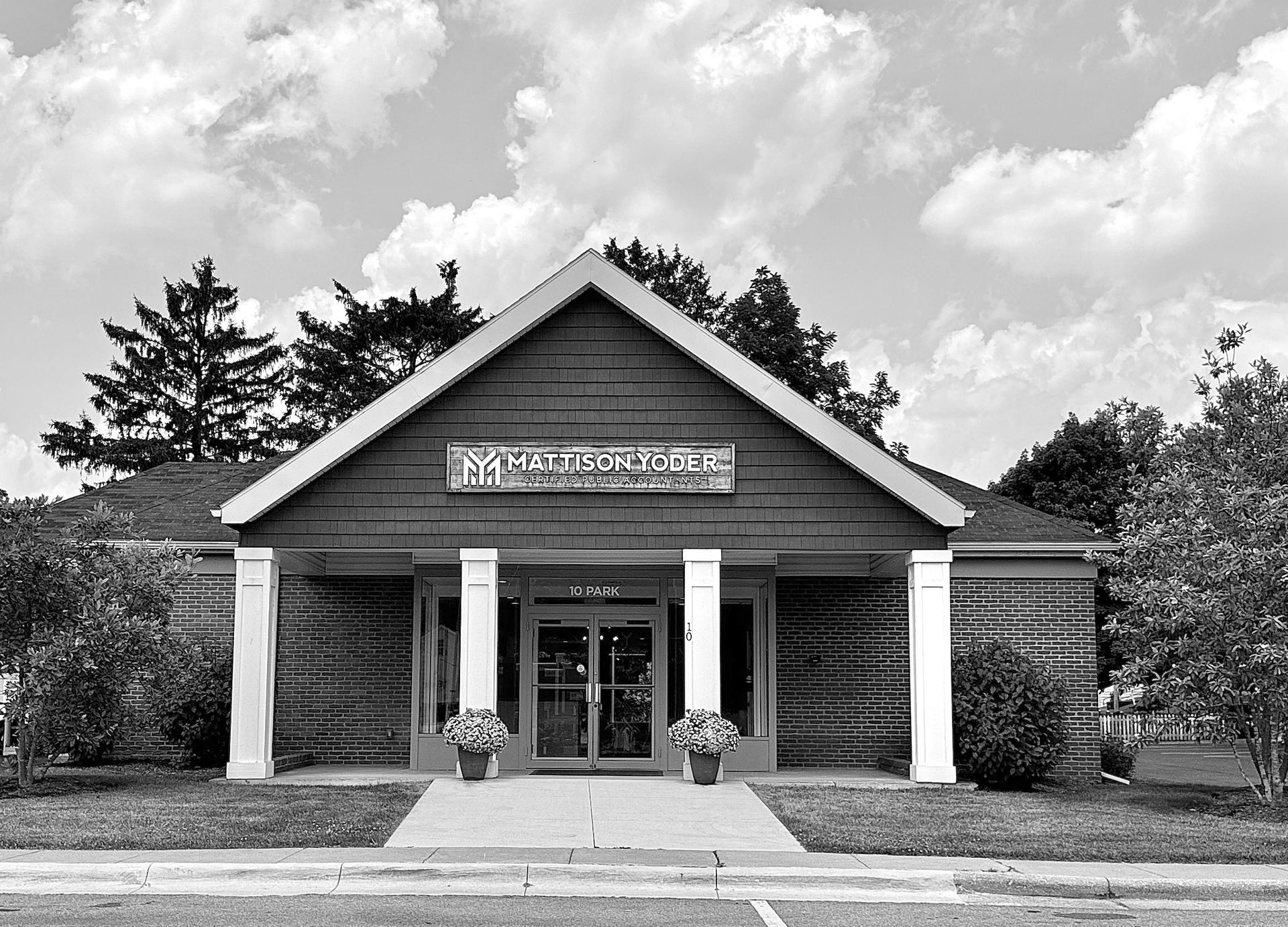FAQs
Mattison Yoder CPAs
Have a question about accounting? We have the answer at Mattison Yoder CPAs. Check out these FAQs and get in touch with us today for more information!
-
What does a CPA do for small businesses?
A CPA can provide a variety of financial services for a small business. This includes bookkeeping, tax preparation, auditing, financial planning, and consulting. Your CPA will ensure compliance with tax laws and help to optimize your financial operations.
-
Why should small businesses hire a CPA?
Hiring a CPA can be beneficial for many reasons. If you own a small business, a CPA can help you navigate complex tax laws, maintain accurate financial records, maximize tax deductions, and provide valuable financial advice vital for growth and compliance.
-
How do I choose the right CPA for my small business?
To find the right CPA, look for someone with experience working with small businesses in your specific industry. Consider the CPA’s qualifications, certifications, and reputation. You should also know whether they offer the specific services your business needs such as tax preparation, auditing, financial planning, and more.
-
When should a small business hire a CPA?
It is best to hire a CPA from the very start. From the start, a CPA can help you set up proper accounting systems and ensure compliance with tax regulations. The CPA can also provide support during significant financial events like raising capital, acquiring assets, or expanding operations.
-
How much do CPAs charge for small businesses?
CPA fees will vary based on the services being provided, the complexity of your business operation, your geographic location, and the CPA’s overall experience. Specific costs could include hourly rates, fixed fees for specific services, and retainer agreements. Be sure to ask about all fees upfront.
-
What are the benefits of outsourcing accounting to a CPA firm?
Outsourcing accounting to a CPA firm is a great option to save time and resources. Outsourced accounting services can provide expert financial guidance, reduce errors, and ensure compliance with tax laws. Overall, by outsourcing your accounting, you can focus on your core business operations instead.
-
What should small businesses prepare before meeting with a CPA?
Before you meet with a CPA, gather your financial records, tax returns, business plans, and any specific questions or concerns you have. Please be prepared to discuss your business goals and financial challenges.
-
How can a CPA help with tax planning and preparation?
CPAs can be very helpful for tax planning and preparation. Your CPA can develop tax strategies to minimize liabilities, ensure timely filing of tax returns, claim eligible credits and deductions, and represent your business in case of audits or IRS inquiries.
-
What role does a CPA play in financial reporting for small businesses?
CPAs can play a significant role in your small business's financial reporting. Your CPA may prepare financial statements, perform audits or reviews to ensure accuracy and provide insights into your business's financial health. This all helps stakeholders make informed decisions.
-
Can a CPA help with business advisory and planning?
Of course. CPAs can provide strategic advice on financial planning, cash flow management, budgeting, forecasting, and long-term business growth strategies tailored to your industry and goals. A CPA can be a valuable partner for your business growth.




